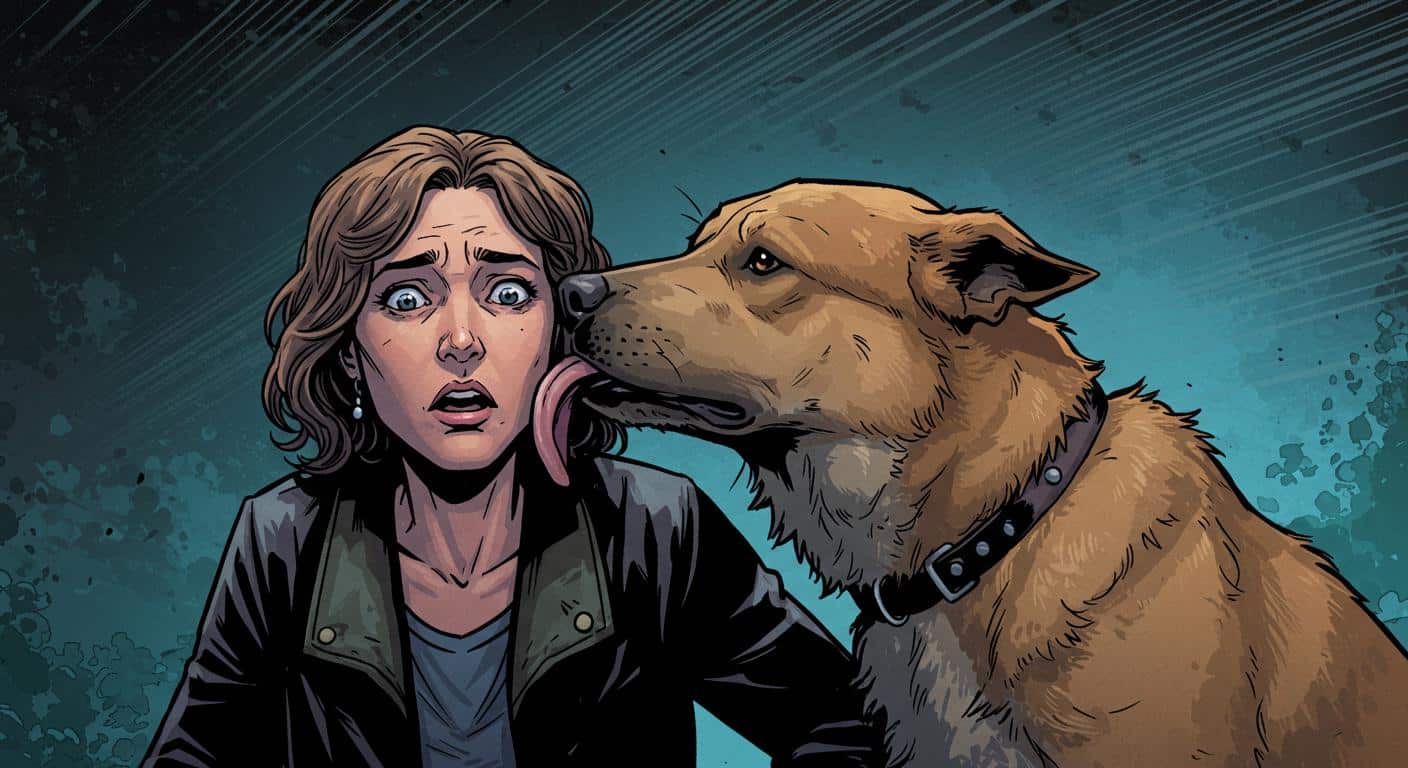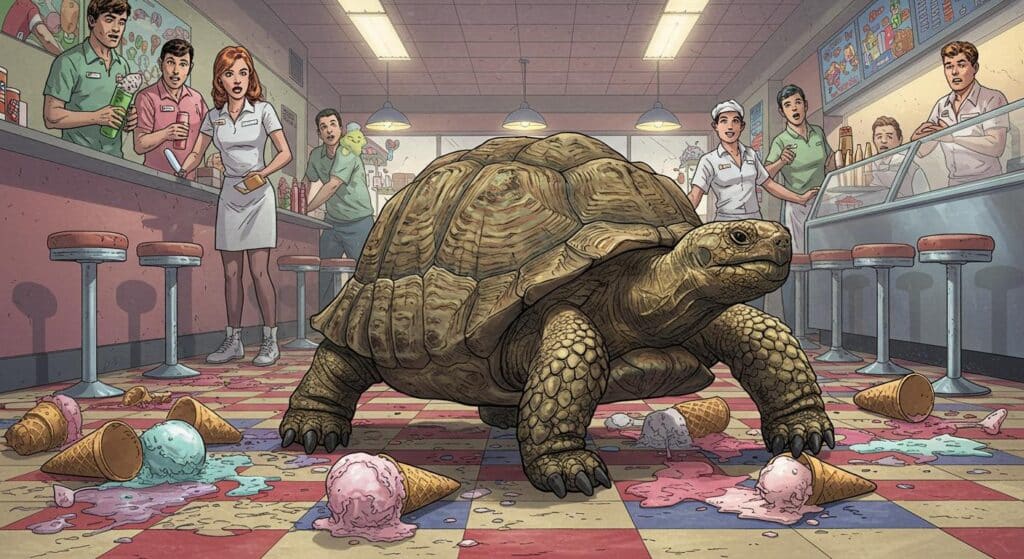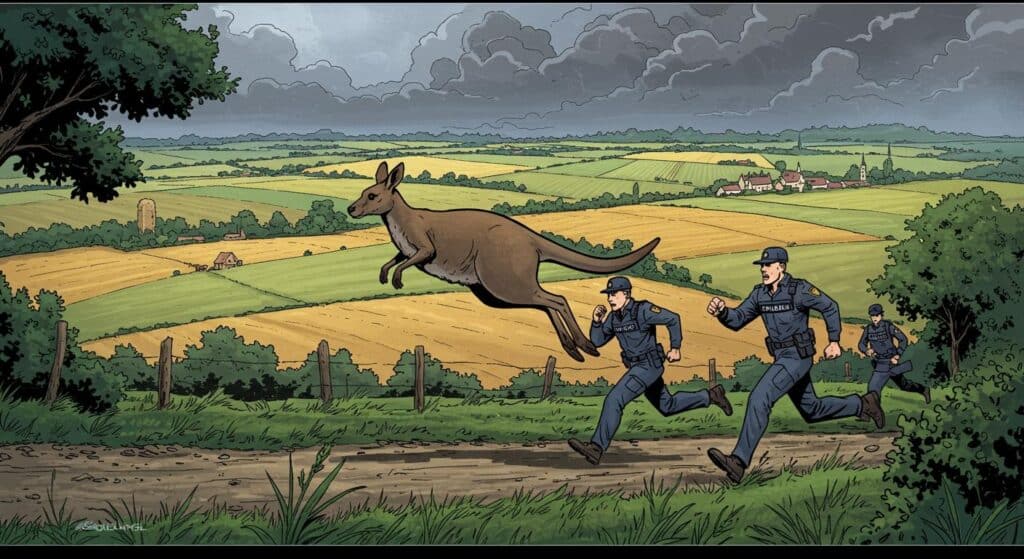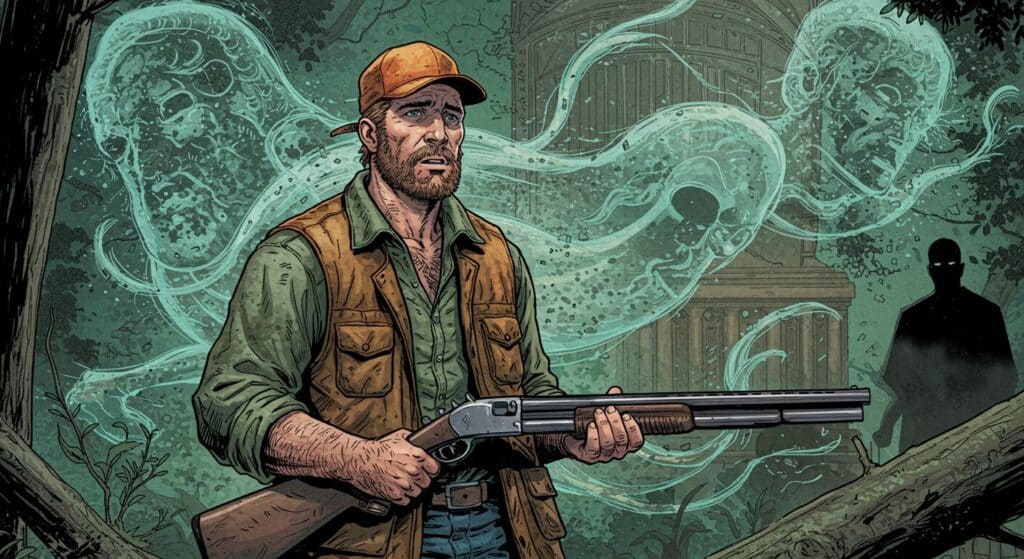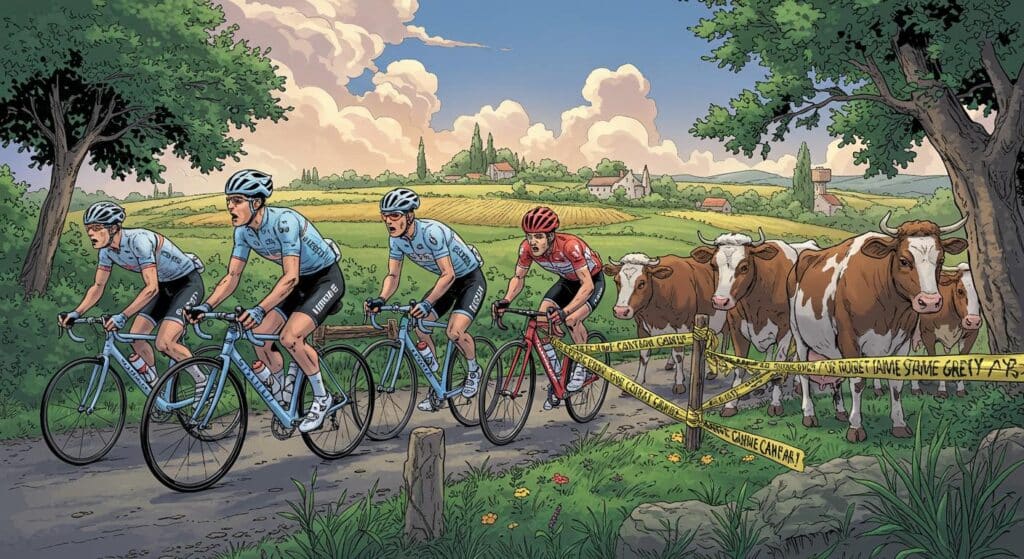It would be easy to mistake the central detail here—a woman dying from a dog’s lick—for a bit of macabre folklore, maybe one of those “friend of a friend” stories swapped over cups of tea. But, as several sources confirm, this unusual tragedy unfolded for June Baxter in Attleborough, Norfolk, and stands as a quiet testament to just how strange reality can be. Who thinks to fear the loyal family dog at the end of things?
A Series of Unlikely Events
June Baxter, age 83 and, by all accounts, fiercely independent, was at home when a fall left her with a cut on her leg. According to reporting by the Eastern Daily Press, she activated her community call bell on June 29, prompting her granddaughter Caitlan Allin—a key part of June’s support network—to come to her aid, accompanied by her dog. While no one actually witnessed what happened next, both Caitlan and June’s daughter later acknowledged it was entirely possible the dog licked June’s wound. The allure of canine companionship is hard to resist, even for the cautious.
The day after the accident, June began feeling ill and was promptly taken to Norfolk and Norwich Hospital. Medical records examined at the inquest and outlined in detail by both the Eastern Daily Press and The Telegraph revealed that blood cultures identified pasteurella multocida—a bacterium that might sound like something devised by a sci-fi writer but, in fact, resides happily in the mouths of many healthy dogs and cats.
What followed was a rapid and relentless decline: cellulitis in the injured leg, sepsis, septic shock. Despite prompt hospital care, June died on July 7. Although she had a prior history of sepsis and underlying health issues—factors confirmed by her daughter and by clinical staff at the hospital—official documentation at the inquest concluded that the origin of the fatal infection was a domestic dog’s affectionate gesture.
Parsing the Peculiar: The Inquest and Medical Mystery
Coroner Johanna Thompson’s official findings, described in the Eastern Daily Press and supported by Yahoo News, were about as concise as medical bureaucracy allows: “septic shock due to left leg cellulitis due to a domestic dog lick.” The conclusion? An accidental death, brought about by the most prosaic of acts.
Family statements during the inquest, relayed in court documents summarized by both The Telegraph and Yahoo News, add a quietly poignant layer. June’s daughter Clare Wootten described her mother as “independent and determined,” noting that, while no one saw the dog lick the wound, the possibility seemed real—and, in context, sadly unsurprising. Caitlan Allin confirmed that her grandmother enjoyed the dog’s attention. Small comforts, now shaded by hindsight.
The Eastern Daily Press points out that June’s health was already fragile, her body less resilient to the surprises lurking in routine affection. The outlet also notes the accidental nature of what happened—a story without villains or extreme carelessness, just an unfortunate confluence of health, age, and bacteria.
Domesticity, Dogs, and the Unseen Risks
For many, dogs are the footnotes to family history: licking wounds, cleaning up dropped food, keeping us company in the quiet hours. What are the odds that a small breach in the skin, plus a dash of animal instinct, leads to a fatal infection? Yahoo News highlights that pasteurella multocida is more commonly associated with bites or scratches, not gentle licks, though it can be transmitted that way. It’s the sort of odd medical trivia that usually stays in textbooks—until it doesn’t.
So, does this incident make you reconsider the cost of canine companionship? Or, as most of us do in the face of rare calamities, do we mentally file it under “unlucky but unlikely”? The truth is, for most pet owners, there’s little reason to panic. The intersection of frail health, broken skin, and just the wrong microbe is, mercifully, a statistical blip. Yet, it does highlight the strangeness—maybe even the absurdity—lurking in daily domestic rituals. When was the last time you paused before letting a dog nuzzle a scrape or bump?
Clinical details, described in The Telegraph, reinforce that June’s story isn’t a condemnation of pet ownership, but an unconventional reminder of our entanglements with the microscopic world. Sometimes, catastrophes arrive in the softest disguise: an affectionate animal gently tending to a wounded companion.
A Closing Reflection: Comfort and Catastrophe Collide
June Baxter’s story, as pieced together by multiple outlets and echoed through her family’s recollections, lands somewhere between medical oddity and gentle warning. There is irony in a world so full of invented dangers that we overlook the real hazards that come pawing into the living room—mouths full of bacteria and hearts full of love.
No one will be telling people to stop loving their dogs, nor, to be fair, should they. But June’s accidental death will surely linger in the memories of those who knew her and, now, in the footnotes of odd and unlikely ways nature sometimes trumps all our precautions. Who could have guessed that a lick—a gesture bred from loyalty and centuries of domestication—could tip the scales from comfort to catastrophe? Just another reminder that life’s most peculiar turns seldom come with a warning label.

